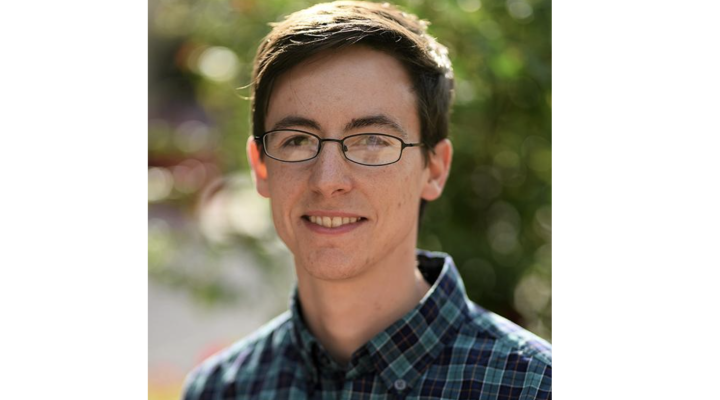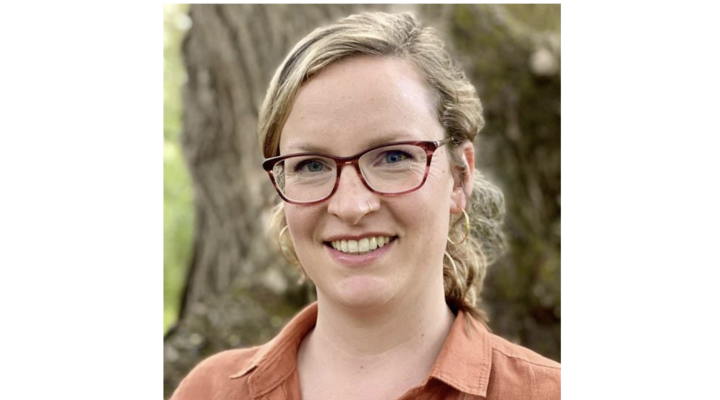If Guy Hoffman is successful in his research, he just might redefine the word “robotic.” Hoffman, who is an assistant professor and a Mills Family Faculty Fellow at Cornell’s Sibley School of Mechanical and Aerospace Engineering, works in the field of human-robot interaction. During his popular TED Talk, Hoffman said to the audience, “Somewhere in your future there will be robots in your life. And those robots should be more fluent, more engaging, more graceful” than the robots of today.
Hoffman has studied computer animation and acting in addition to computer science and human-robot interaction. Robots that interact closely with humans should be “less like chess players and more like stage actors or musicians,” he says. “They should know how to closely mesh with humans, be able to take chances and improvise. Maybe they even need to be able to make mistakes.” Given that for many years the big selling point for robots has been their ability to perform tasks quickly, correctly, and predictably, robot improvisation and imperfection is a radical idea.
Hoffman has joined the faculty at Cornell because, in his words, “My work is very interdisciplinary and Cornell has hired some amazing robotics people across a wide range of fields. In fact, there is no other university I can think of that has this many researchers specifically working on human-robot interaction. Importantly to me, Cornell is also not just an engineering school. It is a great liberal arts university with a strong intellectual environment in the humanities, social sciences, and design.” It helps that the newly renovated Upson Hall will have a dedicated Robotics Center on the top floor.
Hoffman grew up in Germany and Israel and then came to the United States after earning his master’s degree in computer science from Tel Aviv University in 2000. After stints in film production, cell phone network technology, data visualization, and animation, Hoffman applied to a Ph.D. program in Cynthia Breazeal’s Personal Robots group at the MIT Media Lab. He was accepted and began to focus on robot movement and robot-human interactions. “After working on a humanoid robot, I felt strongly that a robot does not have to look like a human to make a good companion,” says Hoffman. “Merely the way a robot moves can make humans develop strong emotions toward it.”
The robots Hoffman is most interested in are the ones that will be in our houses and offices rather than the sort currently found on factory floors. His list of research interests includes the structure of joint activities between humans and robots; human-robot teamwork and collaboration; robotic personal companions; non-anthropomorphic robot design; computational models for embodied cognition; robot music and theater performance; and robot improvisation.
Hoffman sees a future where humans and robots will find themselves working together on tasks that require cooperation. He has been working with psychologists, among others, to create a behavioral model of what humans would look for in a good robotic companion. “Surprisingly, people are not always happy with a robotic teammate who is entirely rigid and predictable,” says Hoffman. “People value flexibility, even in a robot. It can be delightful to be surprised.” One major question Hoffman will need to answer is ‘how does a robot balance initiative and flexibility with reliability?’
When describing the type of graduate student he would like in his lab, Hoffman says that there is no single profile he is looking for. “I see myself as an educator as much as I am a researcher. You can teach any skill, but you can’t teach curiosity and passion—these are the essential ingredients for any grad student. I am looking for students who always strive to push their own boundaries of comfort.”
When Hoffman is not thinking about human-robot interactions he enjoys running, drawing and cooking.
See Hoffman’s TED Talk here: https://www.ted.com/talks/guy_hoffman_robots_with_soul




